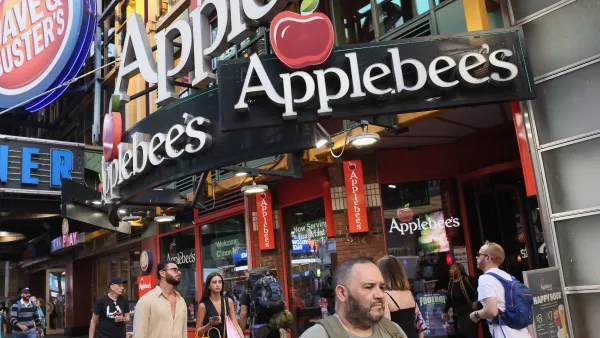In recent years, cities have faced myriad challenges.
From the Global Financial Crisis to the COVID-19 pandemic, municipal services have struggled under budget cuts, labor shortages, supply chain disruptions, and inflation. This has hampered investment in essential city services, a situation poignantly summarized by the 2019 Bloomberg headline: “America’s cities are running on software from the ‘80s.”
We are living through an unprecedented opportunity for reinvestment in our cities, particularly in core municipal services. The pandemic underscored the vital nature of these services. At the same time, technological advancements in government operations and significant federal investment into cities are driving transformative change.
The digitization of public works
At the forefront of this evolution is the digitization of public works. Many cities across the United States are funneling investments into digitizing operations like waste and recycling management, snow plowing, and street sweeping. This strategic shift oftentimes bolsters financial performance while enhancing the efficiency of these core services. By integrating technology, these municipalities are not only saving costs but also improving service delivery.
As we approach 2024, it’s clear that digitization will be an even more critical factor in urban development and governance. The role of technology in public sector transformation cannot be overstated, especially given the increasing demands placed on cities and local authorities.
Key areas where technology is already making a significant impact for cities and counties include:
- Revolutionizing waste management: Digital solutions, such as Rubicon’s technology products, are transforming route planning for waste collection, resulting in cost savings.
- Enhancing operational transparency: The use of data analytics and real-time monitoring is increasing transparency and accountability in public works.
- Promoting sustainability: Digitization strategies are crucial in reducing landfill waste, cutting carbon emissions, and fostering more sustainable practices.
- Ensuring service continuity: Digital solutions enable cities to dynamically respond to challenges, ensuring the uninterrupted provision of essential services.
- Tailoring community services: The digitization of services allows for customization to meet the unique needs of all communities, thereby improving residents’ quality of life.
By harnessing the potential of technology, cities are driving efficiency, sustainability, and resilience in their core functions.
Cities across the country are embracing the digital era. The potential to enhance service delivery, improve financial performance, and meet the evolving needs of urban populations is immense. The next few years will be crucial in determining how well cities can leverage this digital transformation even further to build more responsive, efficient, and sustainable environments.
---
Rubicon created a documentary featuring the success stories of Houston, Texas; Glendale, Arizona; and Kansas City, Missouri. Watch the documentary on YouTube.










